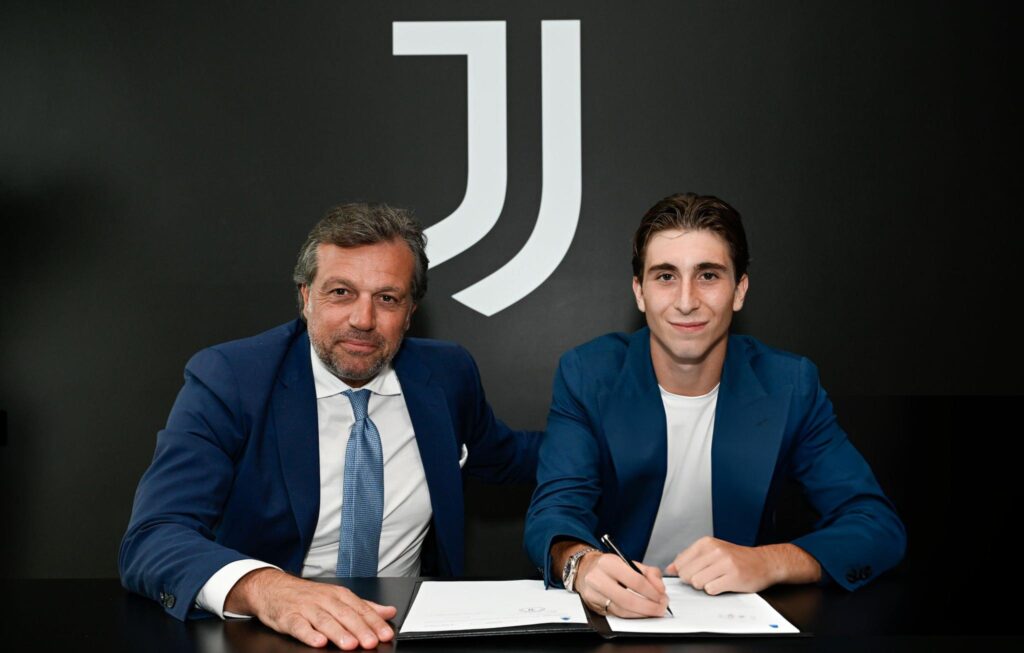Manchester United’s European Future in Jeopardy Amid UEFA Regulations

UEFA Regulations Pose Threat to Manchester United’s European Participation
Manchester United’s European future is uncertain at the moment. This is because Sir Jim Ratcliffe has signed a new contract with Nice, a French club. While UEFA has changed its rules to allow teams to be owned by the same person, the future of Manchester United’s involvement in Europe is uncertain until UEFA’s decision is made.
UEFA’s Revised Regulations
UEFA’s revised competition regulations, scheduled to take effect on May 1, present a significant shift in club ownership dynamics. According to Article 5, clubs under the ownership of the same entity can now participate in European competitions. However, a crucial restriction remains in place: these clubs cannot compete in the same tournament, potentially affecting both Manchester United and Nice.
Implications for Manchester United
Despite the Premier League’s expected allocation of a fifth Champions League spot in the expanded tournament, Manchester United could find themselves outside the top slots, relegating them to the Europa League. This scenario becomes increasingly plausible if Nice also qualifies for the Europa League, as per their recent performance trajectory.
UEFA’s Stance on Club Ownership
UEFA’s regulations explicitly prohibit any individual or group from exerting “control or influence” over multiple clubs participating in the same tournament. Should an investigation by UEFA’s Club Financial Control Body reveal shared control between INEOS and both Manchester United and Nice, corrective actions would be necessary to comply with UEFA’s guidelines.
Potential Ramifications
If both Manchester United and Nice qualify for the same European competition, precedence would likely favour Nice due to the competitive landscape of Ligue 1 compared to the Premier League. Consequently, Manchester United might find themselves relegated to a lower-tier European tournament, pending UEFA’s final decision.
Similar Scenarios Across Europe
Manchester United is not the only club facing such uncertainties. Manchester City’s affiliation with Girona, currently positioned third in La Liga, mirrors the situation, highlighting the broader implications of club ownership regulations. Moreover, Aston Villa and Brighton’s ownership adjustments following their involvement in European competitions underscore the importance of adherence to UEFA’s guidelines.
In conclusion, Manchester United’s European future faces a precarious situation amidst UEFA’s evolving regulations and the complexities of club ownership. The outcome of UEFA’s deliberations will not only impact Manchester United but also serve as a precedent for clubs across Europe navigating similar challenges.
